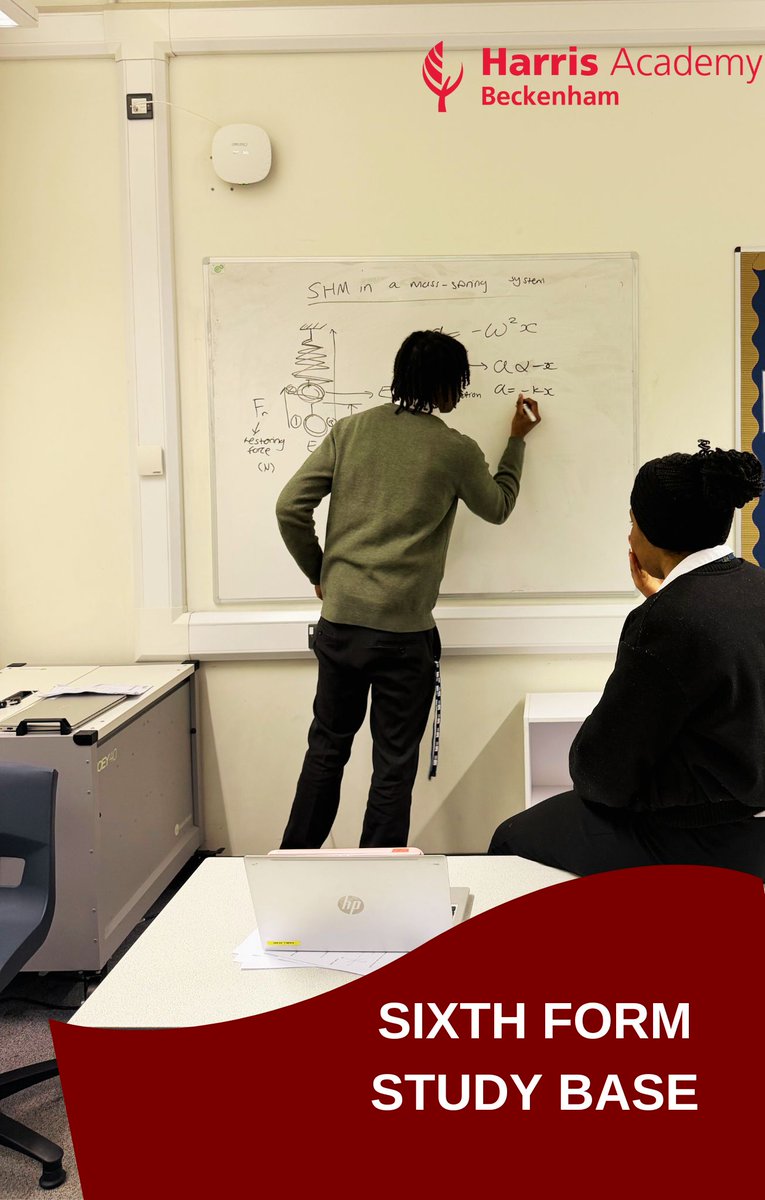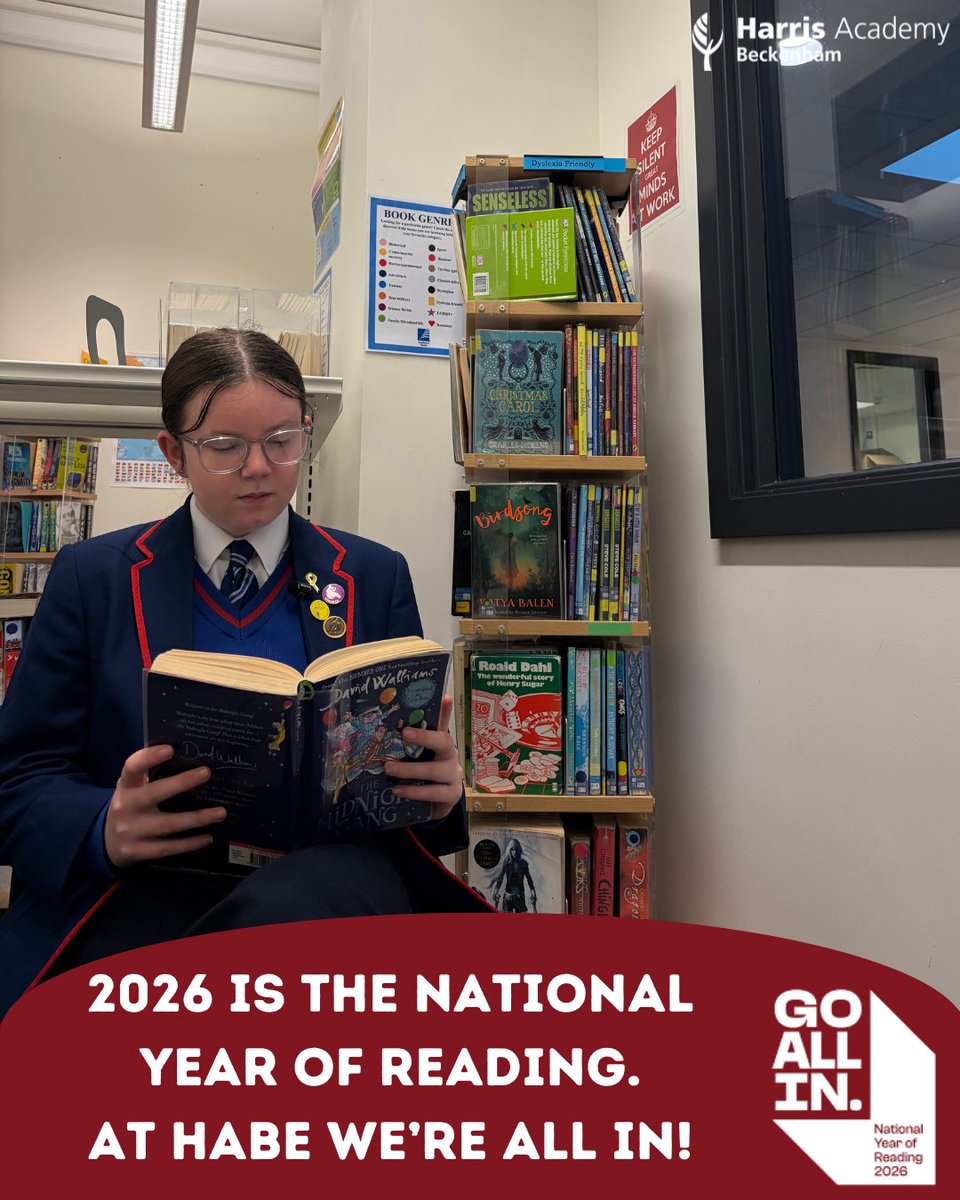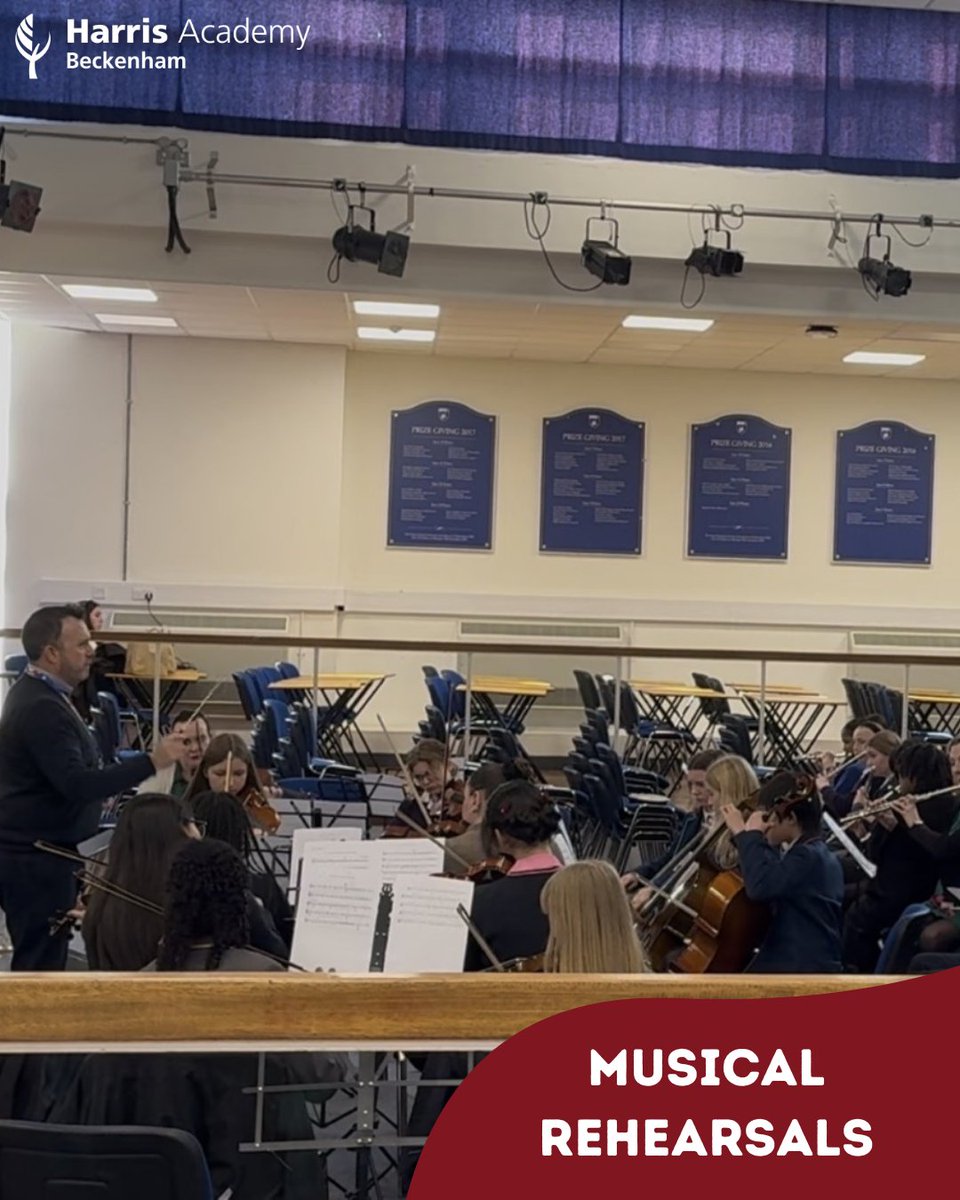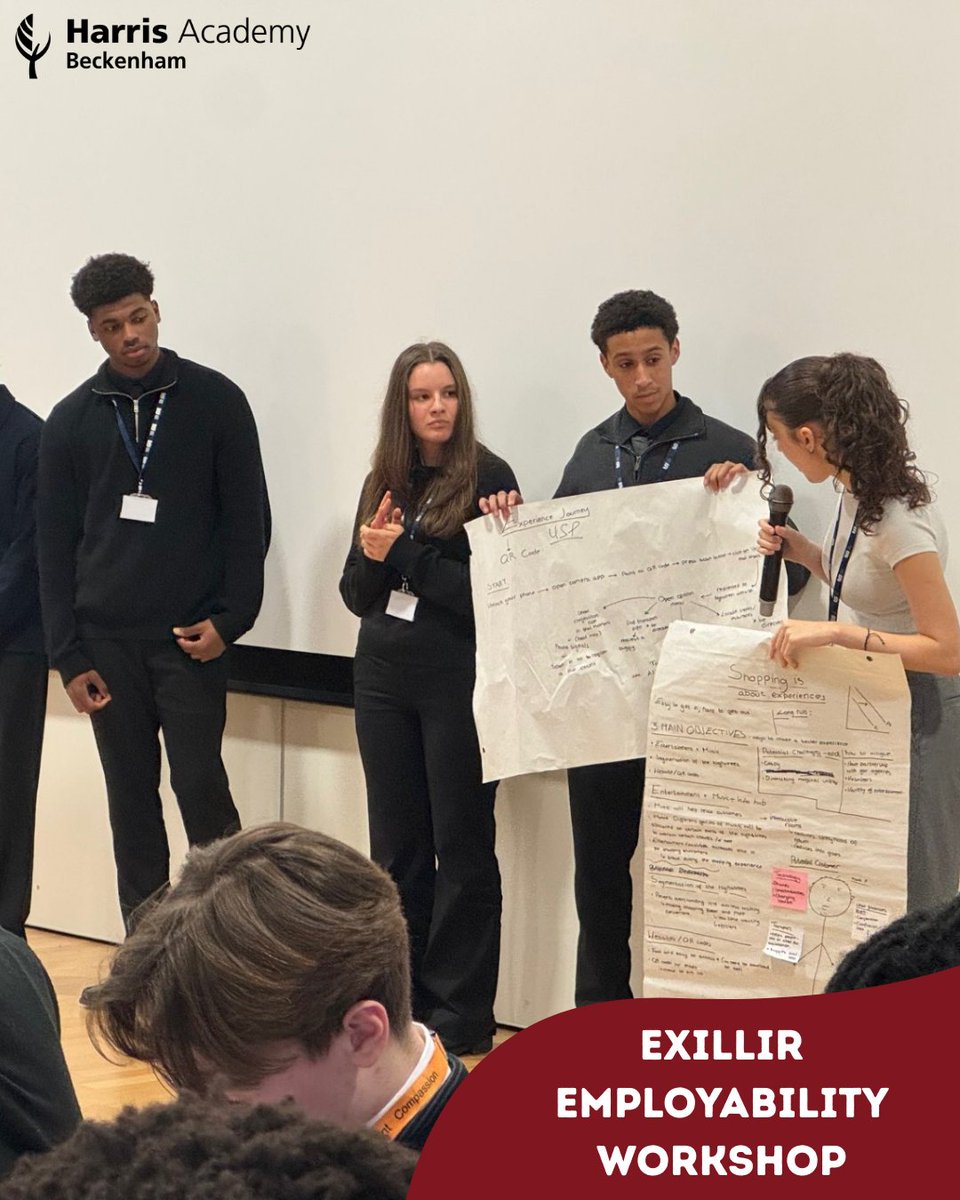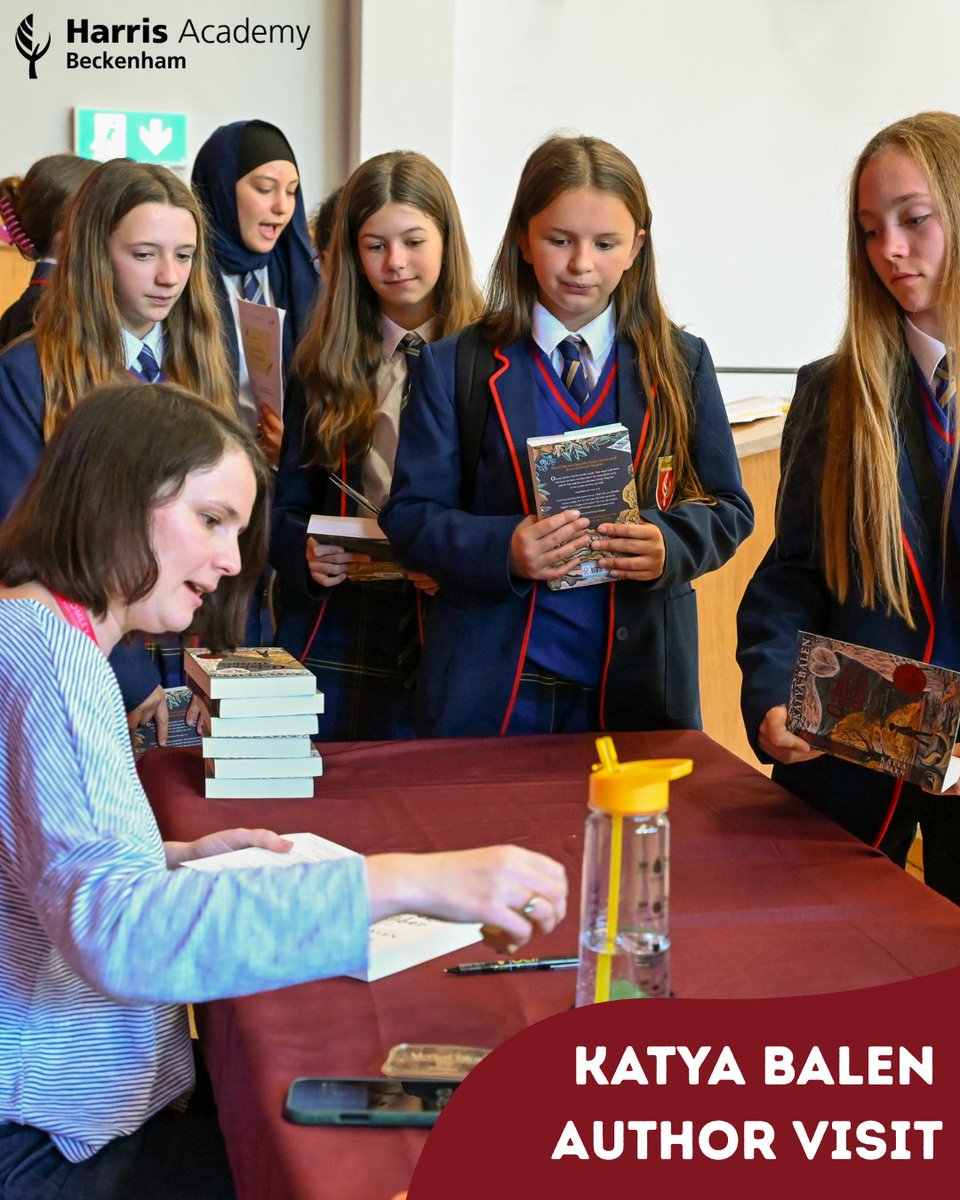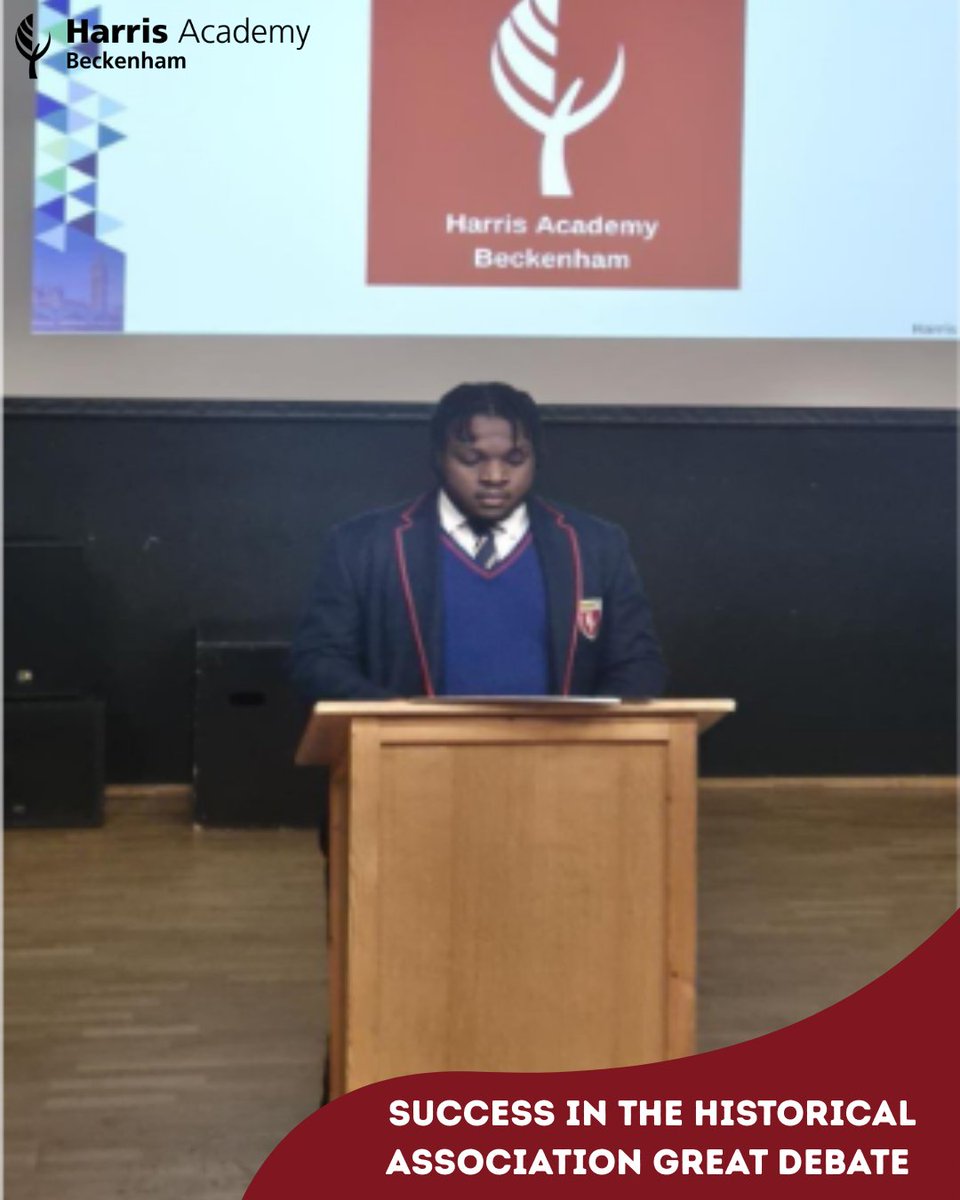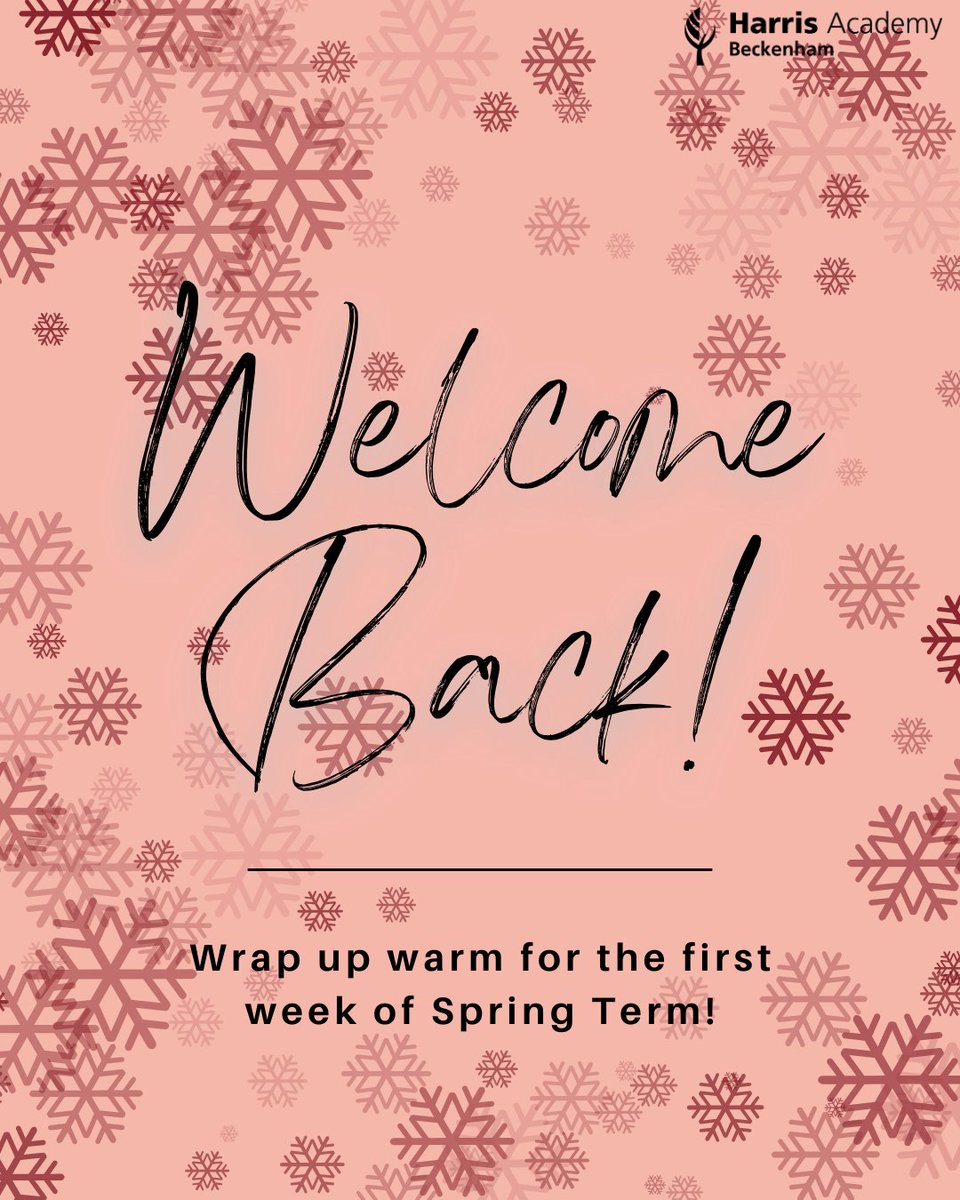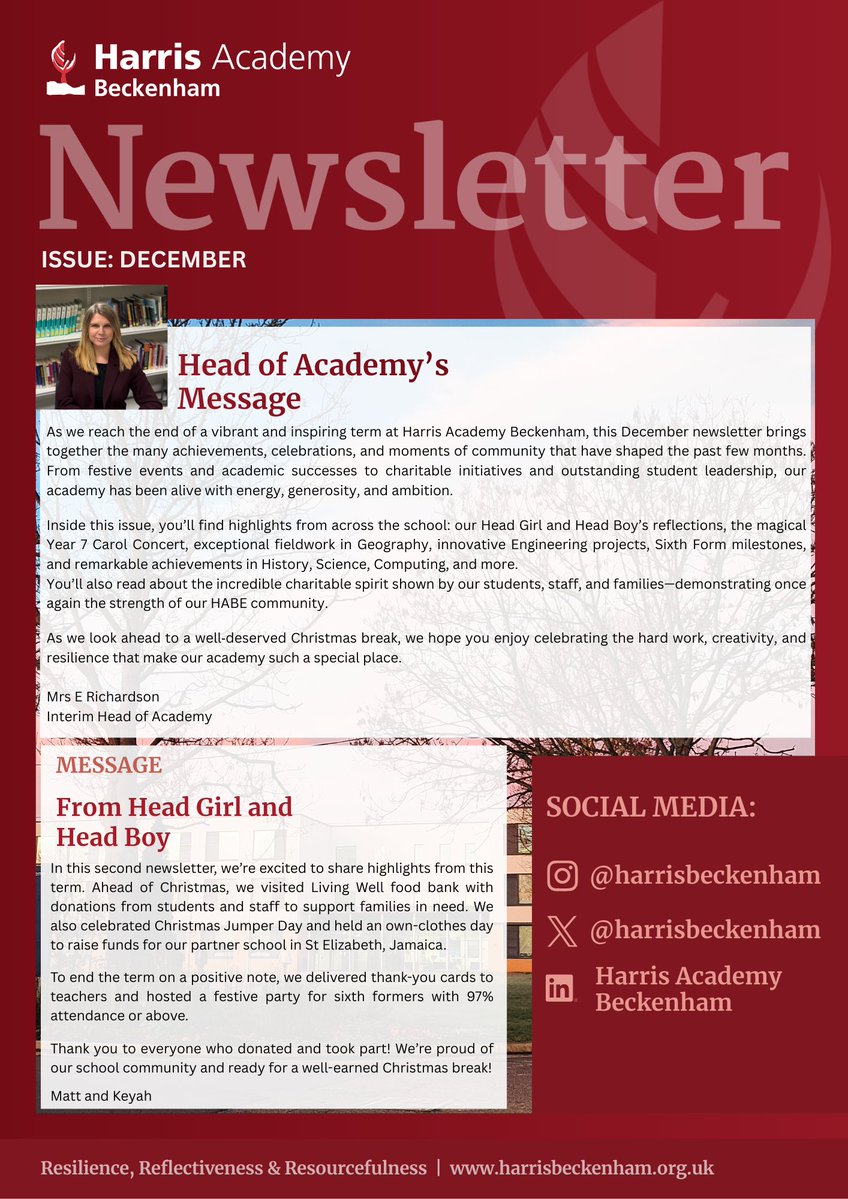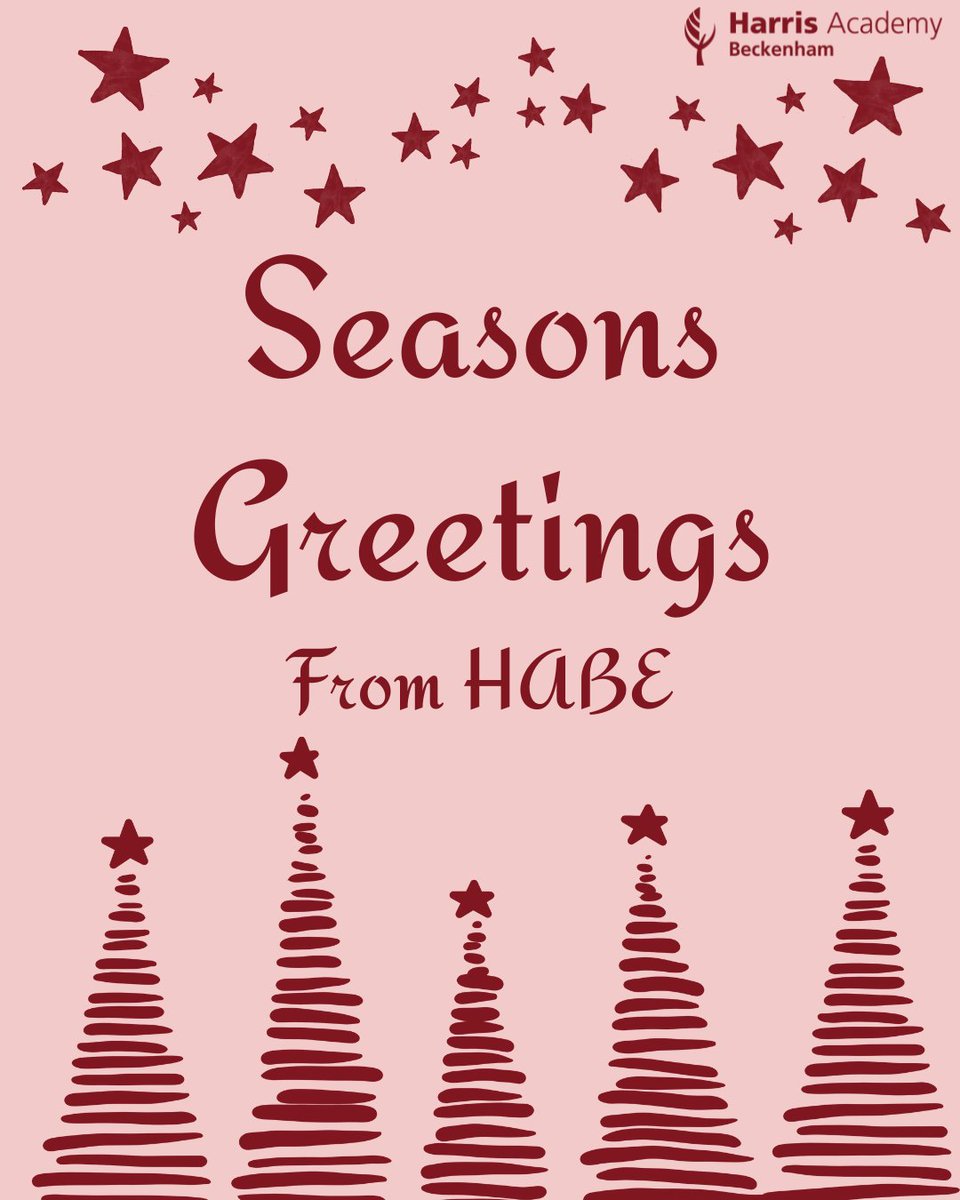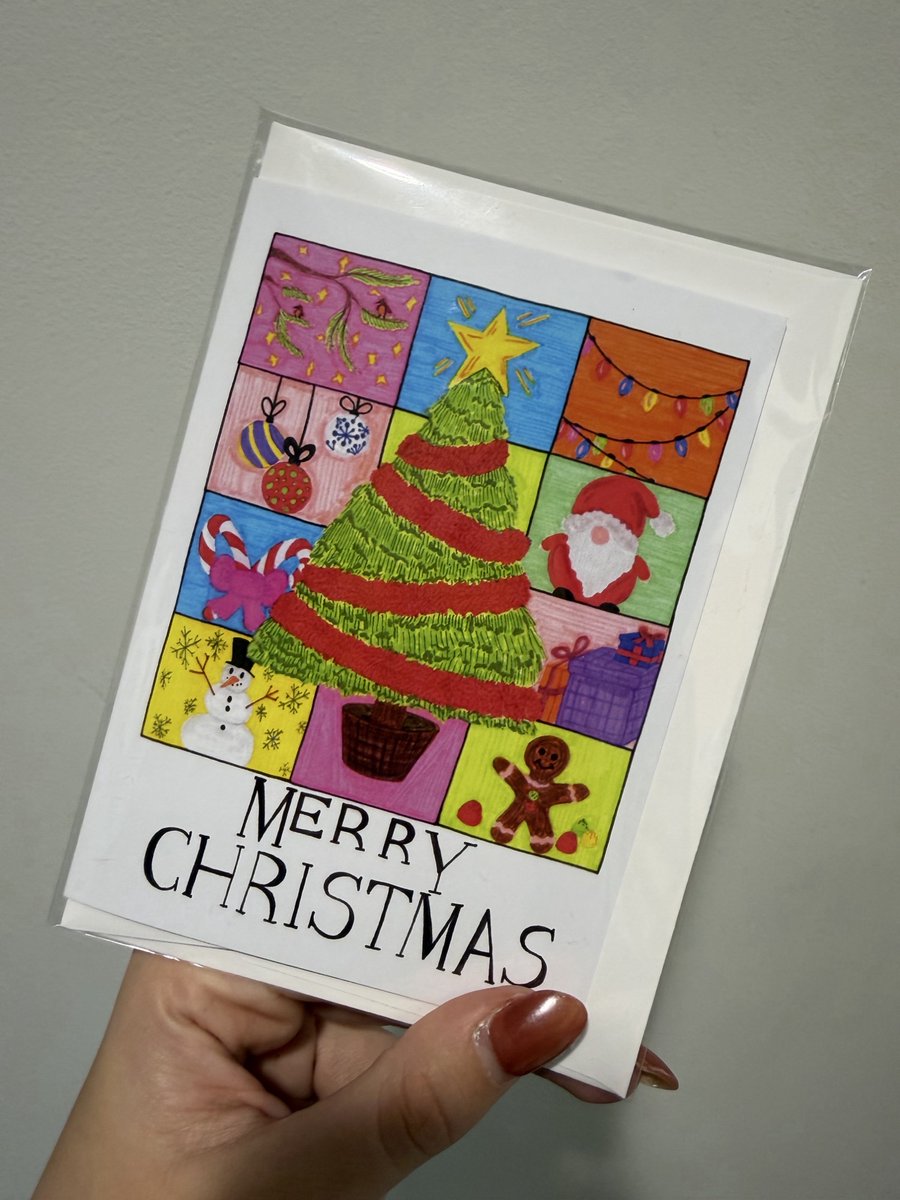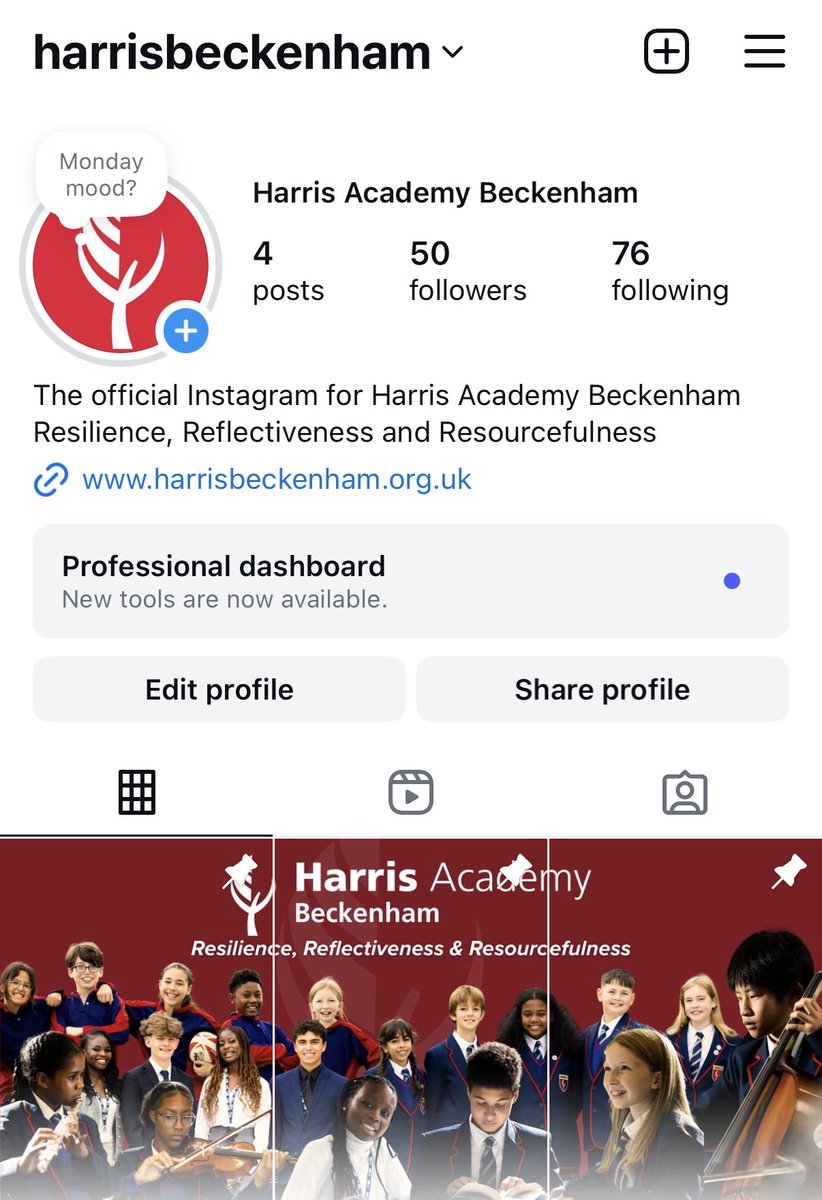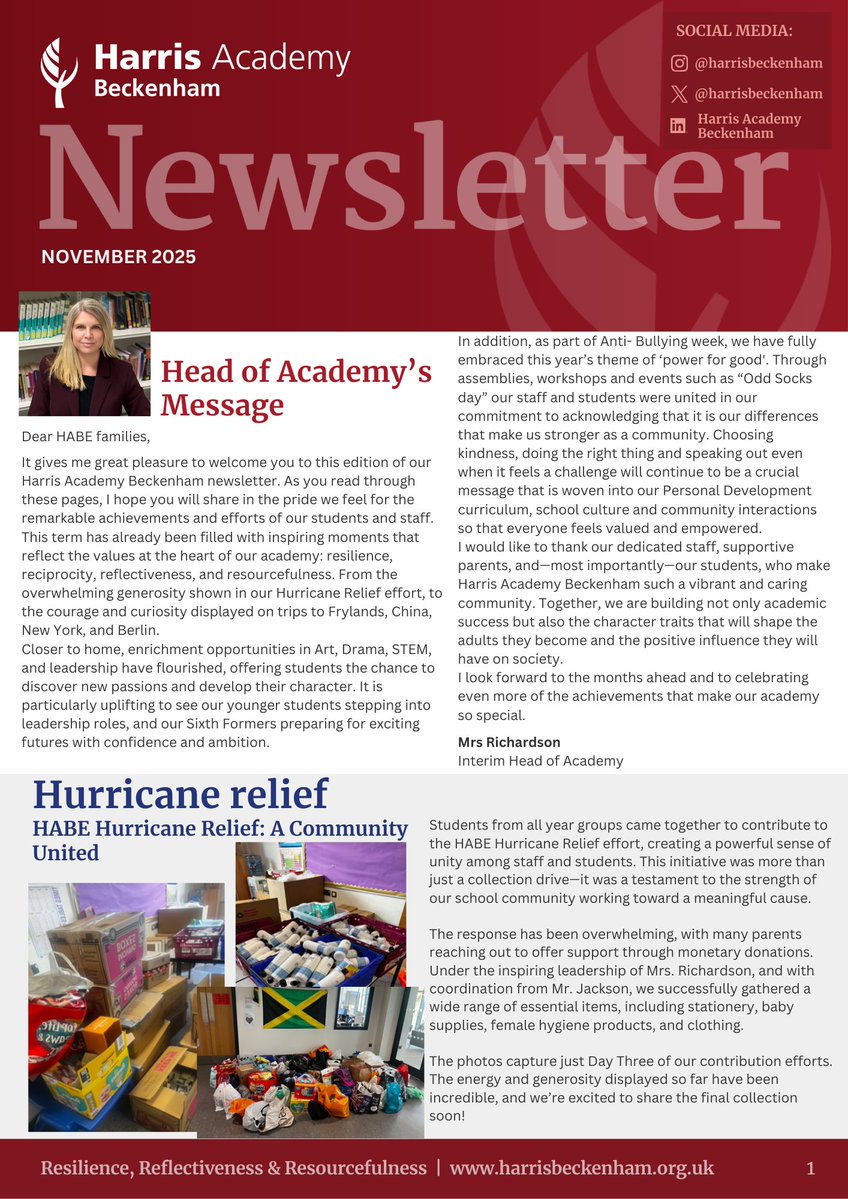Reading Across The Curriculum
We are confident that we introduce our students to an extensive selection of texts, deploying appropriate strategies for comprehension and fluency so that students can immerse themselves within their subject and enjoy the opportunities that knowledge of the written word opens. Every teacher is a teacher of reading.
|
Strategies to Support Reading Development at HABE |
|||||
|
Supporting Staff |
The reading curriculum |
The Big Read |
Targeted Intervention |
The Library |
Celebrating Reading |
|
Equipping staff with the skills and knowledge they need to teach students to become accomplished readers. |
Providing opportunities for students to read in curriculum time to create life-long readers |
Providing regular reading opportunities for all students to generate confidence in reading for pleasure |
Providing specific support for students who struggle to read through highly structured interventions specific to their reading profile |
Ofering a suite of reading resources within the heart of the academy |
Involving the academy community in special events to raise the profile of reading and engage students |
 BDA – Before/During/After
BDA – Before/During/After
Our research based BDA reading strategy lays the foundation of how reading is taught in all subjects at Harris Academy Beckenham. It aims to promote independence, improvement and an overall metacognitive awareness of how reading is managed in the brain by successful readers. During the Big Read tutor sessions and library lessons, students are taught how to use the Before/During/After strategies.
Each time reading is encountered in the curriculum, staff will make the implicit skills of reading explicit through teaching reading comprehension strategies and students of all levels will build the skills needed to independently decode, comprehend and respond to challenging vocabulary, texts and ideas.
The Big Read
All students in years 7 to 10 engage in three Big Read sessions a week, led by their tutor. Each tutor group is allocated a challenging text which the teacher reads to his/her tutor group with the appropriate degree of fluency (pace, expression, stress and intonation). Explanations and questions are interspersed during reading alongside checking vocabulary and monitoring engagement. This is to model fluent expert reading as well as allow teachers to explain vocabulary, ask questions or offer clarifications. Students are able to listen on a higher language level than they can read therefore the Big Read programme enables students to access more complex ideas and exposes them to second tier vocabulary. It also exposes less able readers to the same rich and engaging books that fluent readers read on their own. Age-appropriate strategies are used to improve the reading skills of all our young people and ensure that all students, regardless of background, are able to access the challenging texts during these sessions.
This year our students are reading:
Year 7
- Treasure Island by Robert Louis Stevenson
- Trash by Andy Mulligan
- Island at the End of Everything by Kiran Millwood Hargrave
- Lord of the Flies by William Golding
Year 8
- Ghost Boy by Martin Pistorus
- Noughts and Crosses by Malorie Blackman
- The Night Diary by Veera Hiranandani
Year 9
- Clap When You Land by Elizabeth Acevedo
- Boys Don’t Cry by Malorie Blackman
- Out of the Shadows by Jason Wallace
- One of Us is Lying by Karen M. McManus
- To Kill a Mockingbird by Harper Lee
Year 10
- They Both Die in the End by Adam Silvera
- Curious Incident of a Dog in the Night-time by Mark Haddon
- When The World Was Ours by Liz Kessler
- Purple Hibiscus by Chimamanda Ngozi Adichie
Accelerated Reading and library lessons
Our library plays a crucial role with regards to the development of reading. Within library lessons, all year 7, 8 and 9 students follow the Accelerated Reading (AR) programme, and also have an assigned lesson in the library each fortnight. AR is an efficient and successful programme to promote reading and support teachers in monitoring engagement. In order to promote student progress whilst also supporting teacher workload, our librarian runs fortnightly reports for teachers regarding progress and usage. During the assigned library lesson, teachers then target specific students based on comprehension ability and also reading enjoyment – students who have passed quizzes at a certain level more than once will be moved on in order to stretch them, with students struggling to quiz being targeted for individual conversation regarding book choice, genre and/or level of difficulty. Teachers also read with spotlight students during the library lesson in order to minimise the disadvantage gap, targeting specifically those students whose reading age is below their chronological age and are in receipt of pupil premium.
